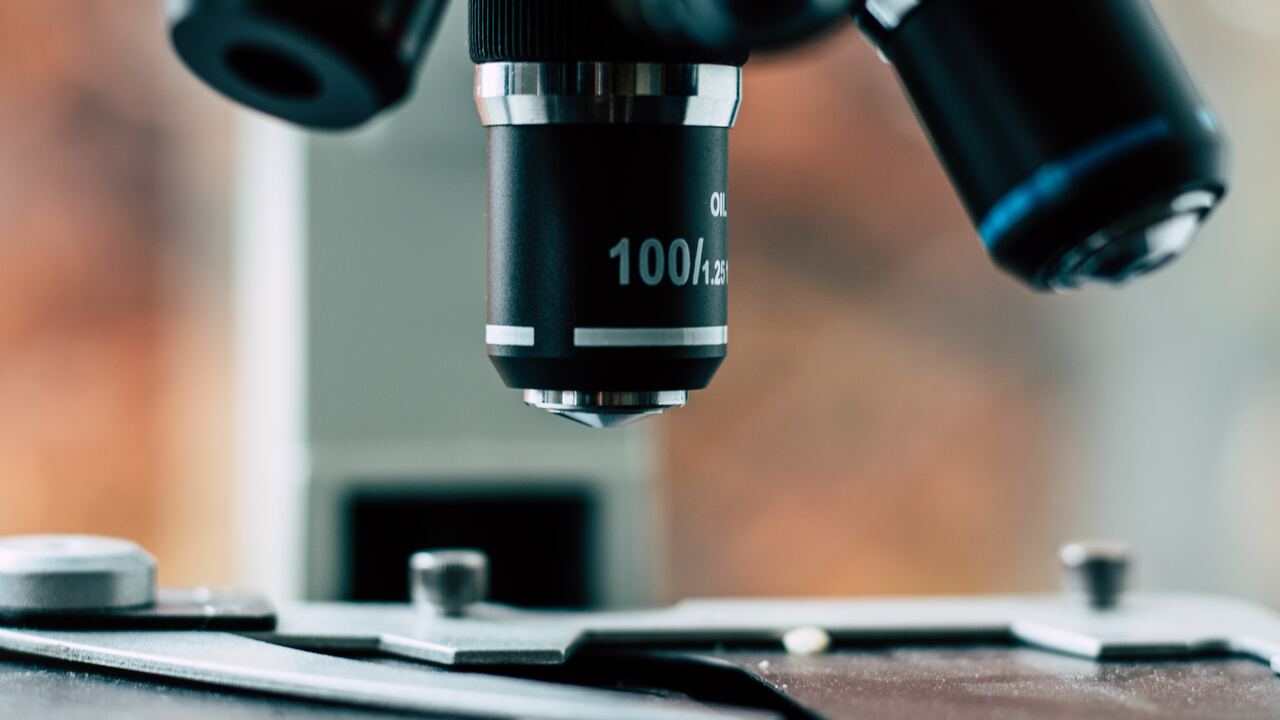Scientists from the Ural Federal University (UrFU) and the University of Vienna, with the support of the Russian Science Foundation, conducted research to find magnetic particles suitable for targeted drug delivery in the human body. With the help of artificial intelligence, scientists have created a model that simulates the “behavior” of these particles in blood vessels.
During the study, the scientists examined complexes of magnetic nanoparticles linked together by polymer bonds that mimic a magnetic material. Supercomputer technologies have made it possible to simulate the movement of these complexes within microscopic channels filled with a fluid similar to blood vessels. They studied the effect of an external magnetic field, the fluid flow direction, the speed, temperature, and viscosity of the fluid on the motion of the particles.
In recent years, researchers have been actively working on the creation of magnetic particles and composite materials that can respond to magnetic fields. This has great potential in biomedicine, including drug delivery and tumor cell localization.
The main objective of the research project of UrFU and the University of Vienna is to determine the optimal structure, size, mechanical and magnetic properties of composite particles that can be controlled using a magnetic field in the body. The Y- and X-shaped magnetic particle clusters turned out to be the most sensitive and stable compared to other shapes. These results open new possibilities for drug delivery and localization of tumor cells in the body.
Source: Ferra
I am a professional journalist and content creator with extensive experience writing for news websites. I currently work as an author at Gadget Onus, where I specialize in covering hot news topics. My written pieces have been published on some of the biggest media outlets around the world, including The Guardian and BBC News.











